The threats of climate change, including fires, floods, and droughts, pose significant challenges with localized impacts. In climatically and ethnically diverse African nations like Ghana, these challenges necessitate tailored local adaptation strategies.
To tackle this, the Kwame Nkrumah University of Science and Technology (KNUST), in partnership with the Ghana Climate University Network (GCUN), is spearheading a project aimed at enhancing climate adaptation education in Ghanaian universities.
Prof. William Oduro, a member of the project team, welcomed participants and commended the diverse expertise gathered. He emphasized the importance of multidisciplinary collaboration in tackling climate change and advancing sustainability.
“This meeting highlights our commitment to fostering synergies among the institutions represented here. It is fitting that we gather to discuss climate-smart agriculture, natural resource management, and strategies to mitigate climate change while addressing the global unemployment crisis," he remarked.
"I am particularly excited about the diverse expertise in this room, enabling us to explore innovative climate technologies, adaptation strategies, and capacity-building initiatives. Let us seize this opportunity to engage, share insights, and build lasting partnerships.
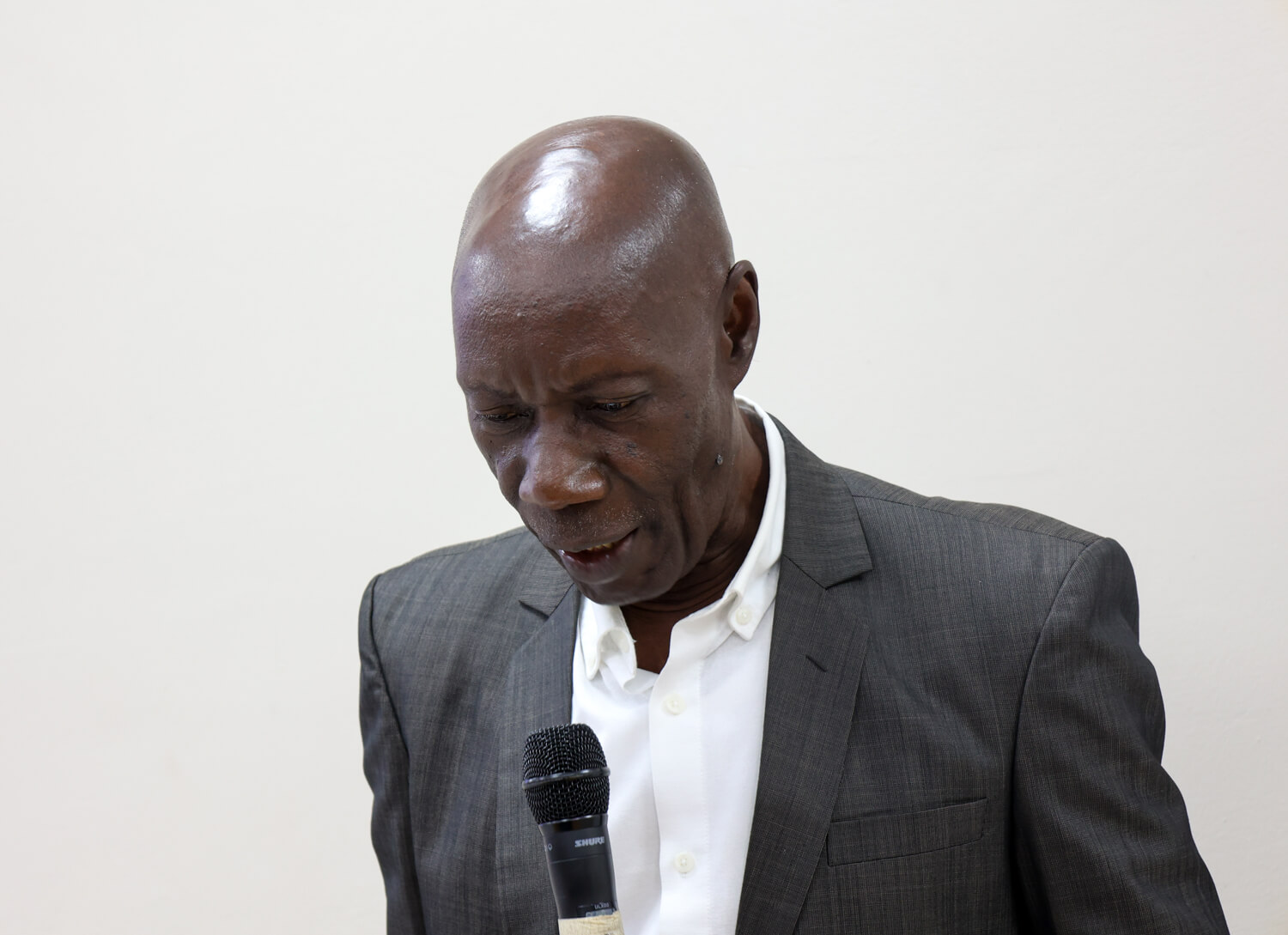
The challenges we face are complex, but through collaboration, we can create solutions that benefit not only Ghana but the global community," he added.
Funded by the European Union (EU), this project brings together Ghanaian universities and EU institutions. It focuses on three critical pillars of higher education: faculty development, curriculum enhancement, and employability, with a focus on land use, agriculture, and forestry.
Prof. Dadson Awunyo-Vitor, the Provost of the College of Agriculture and Natural Resources, reiterated the strong alignment between the objectives of the Kwame Nkrumah University of Science and Technology (KNUST) and the goals of the project.
“This project perfectly aligns with KNUST's goal of bridging academia and industry, GCUN-KNUST has developed innovative programs designed to bring students closer to practical applications.
These initiatives, including internships and startup programs, effectively address the challenges of linking academia with agribusiness practitioners and sustainability practices. This is a commendable step,” he said.
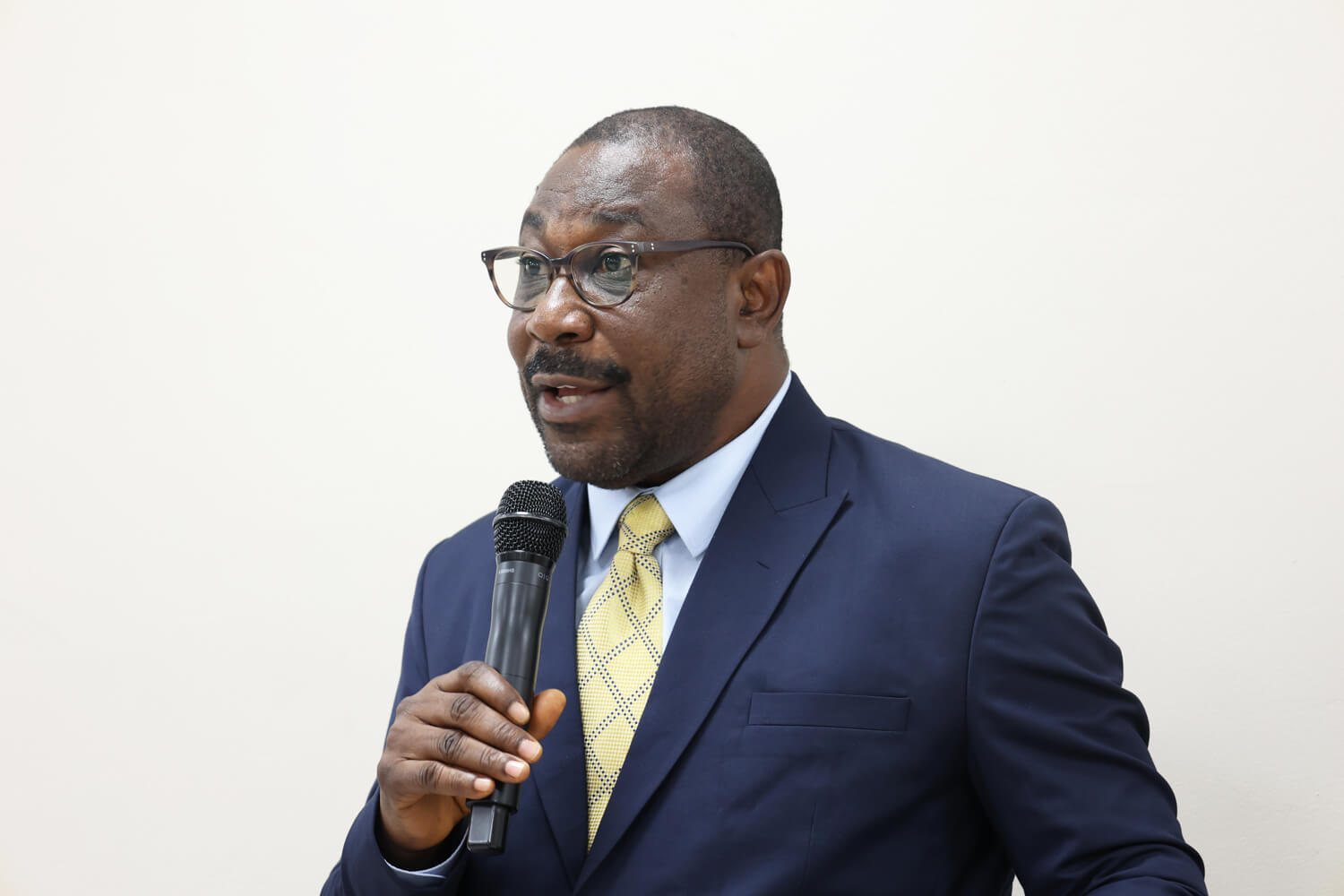
The meeting also saw active participation from representatives of ITA-Suomen Yliopisto, the University of Copenhagen, and the University of Cape Coast, who contributed their diverse perspectives and expertise to the discussions.

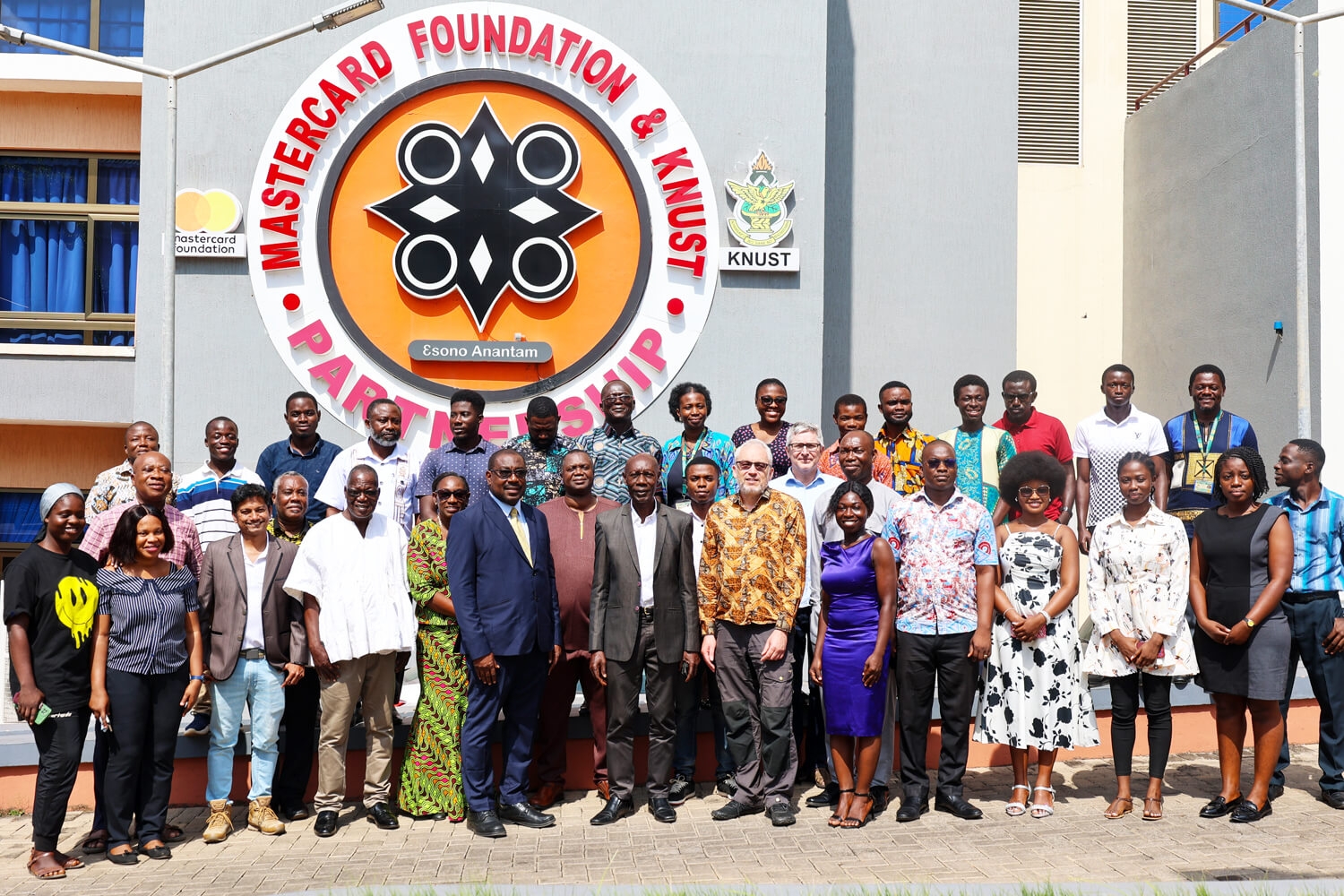
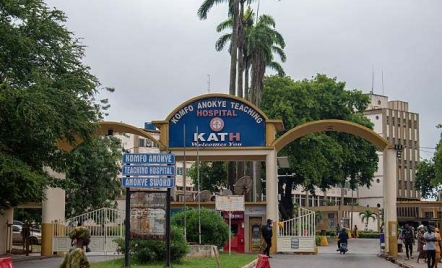
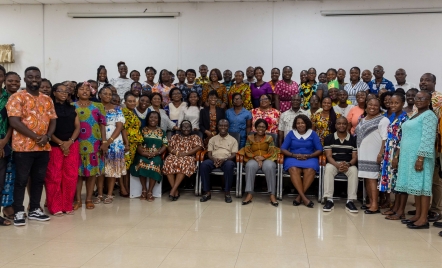
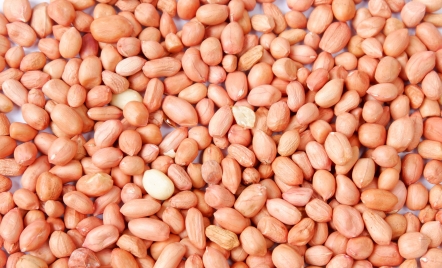
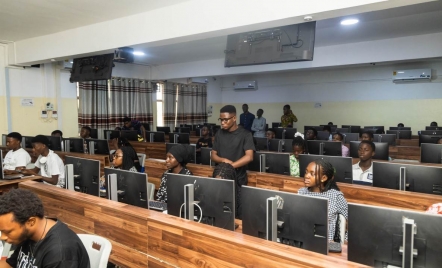
Comments